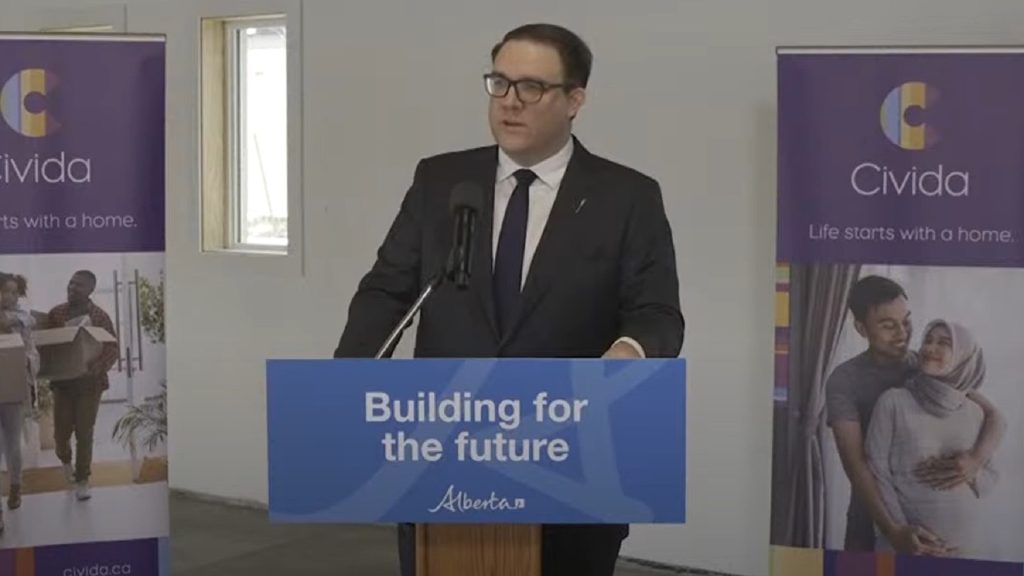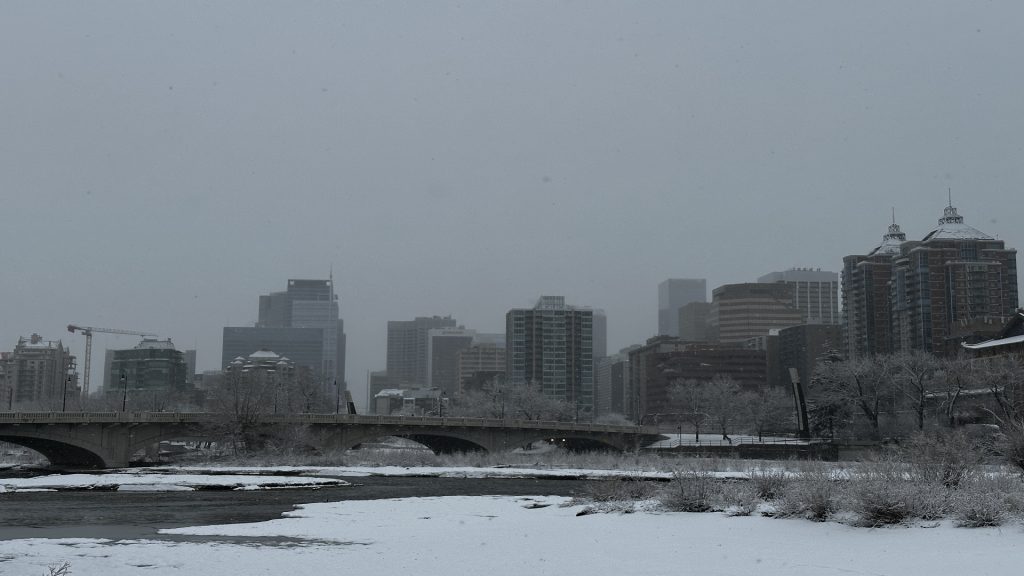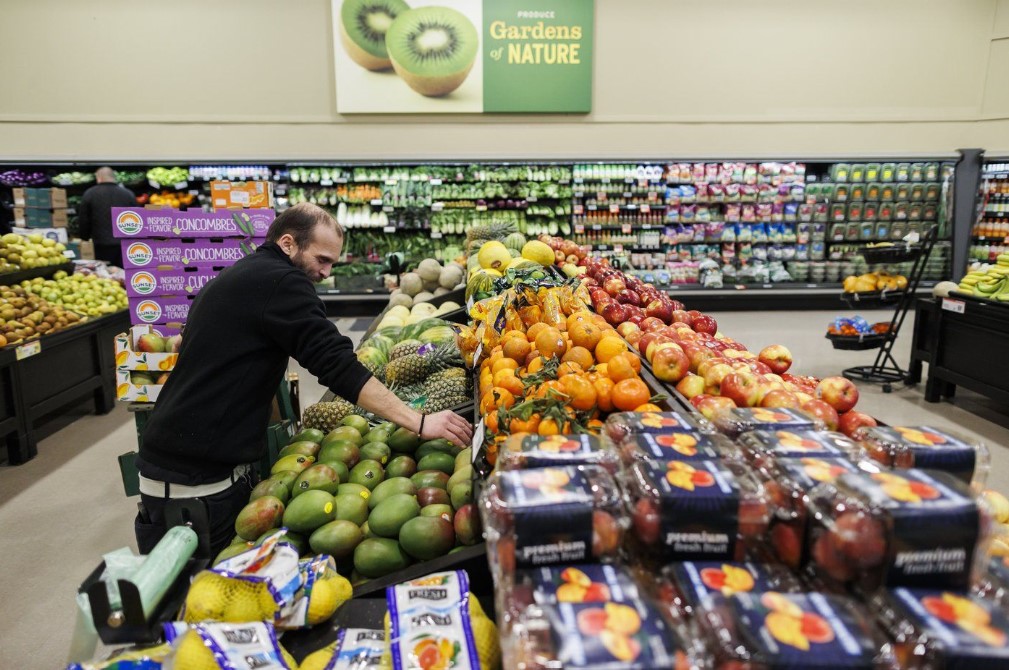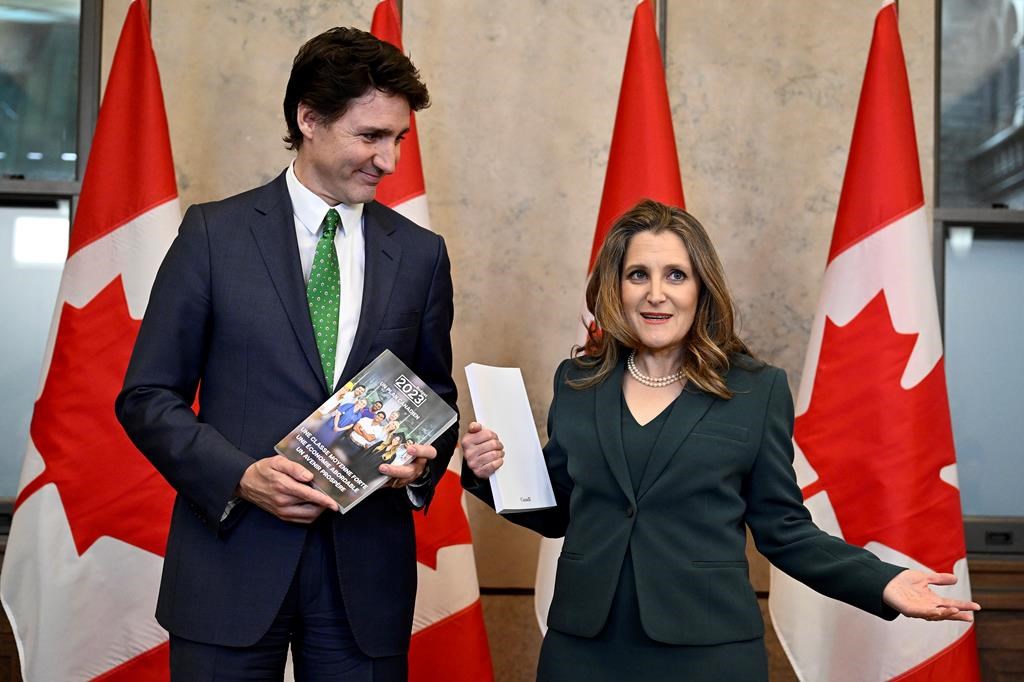Indigenous people protest silently with ‘lowercase’ movement
Posted Jun 30, 2022 2:47 pm.
Last Updated Jun 30, 2022 2:49 pm.
As the country continues to grapple with the dark history of Canadian residential schools, many are turning to the “lowercase” movement to bring awareness to the treatment of Indigenous people.
People taking part in the movement only capitalize words when writing about Indigenous culture. It’s a silent protest that is being practiced throughout the country and the United States.
Michelle Robinson, Indigenous activist, explains the importance of the movement, she says it’s a form of decolonization, after Indigenous peoples were stripped of their traditions, language, and culture.
“Such a revolutionary way to say ‘you know I don’t agree with you,’ and ‘I don’t agree with your ways,’ and ‘I don’t agree that we should be conforming to your ways, we should be changing our names to English names, we should be going back to our ways’,” Robinson said.
She adds the movement opens the door for hard conversations that Canadians must face.
Robinson says with the discovery of more than 4,000 unmarked graves on the grounds of residential schools and churches across Canada since last year, she has no reason to celebrate Canada day.
“We have plain racism in sight of everybody, and people don’t see it,” Robinson said. “Worse, they stand with their hand over their heart and sing for that oppressive racism … I know what people had to do to serve for this country, I respect that, and I honour them, but I don’t honour the country as a whole.”
Robinson says Canada needs sweeping reform to its justice and education systems to even begin discussions about true and meaningful reconciliation.
She adds participating in the “lowercase” movement is the easiest, most peaceful way to show support for Indigenous people in Canada.
READ MORE:
-
Siksika First Nation $1.3B land claim settlement addresses injustices of the past
-
‘Largest spiritual Indigenous gathering’ to return during Pope’s visit to Alberta
-
Alberta asks trauma-informed physicians to participate for Pope’s visit next month
Dr. Linda ManyGuns, associate vice-president of Indigenization and Decolonization at Mount Royal University, joined the movement to support Indigenous rights.
“I decided to join it because I believe that equity, diversity, and inclusion are similar in regards to the marginalization that aboriginal people face,” ManyGuns said.
The Truth and Reconciliation Commission says, “The Government of Canada continues to be committed to a renewed nation-to-nation relationship with Indigenous peoples based on recognition of rights, respect, co-operation and partnership.”










